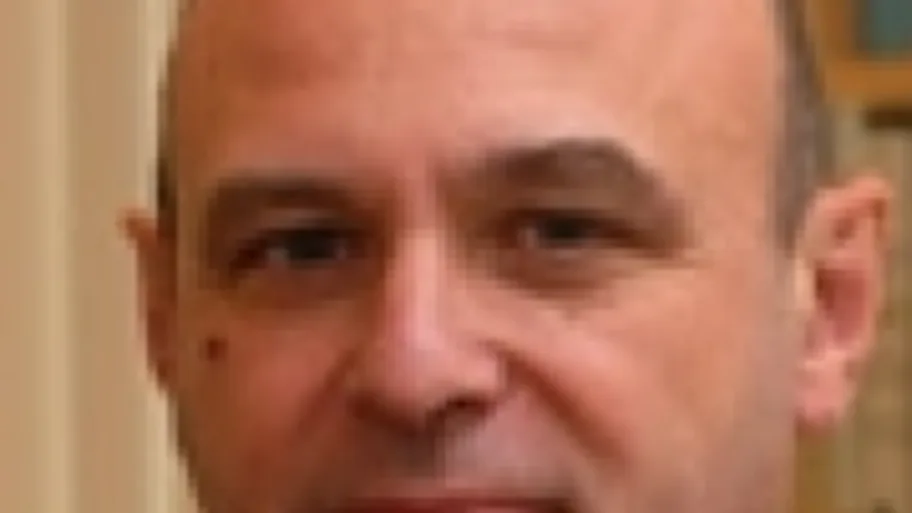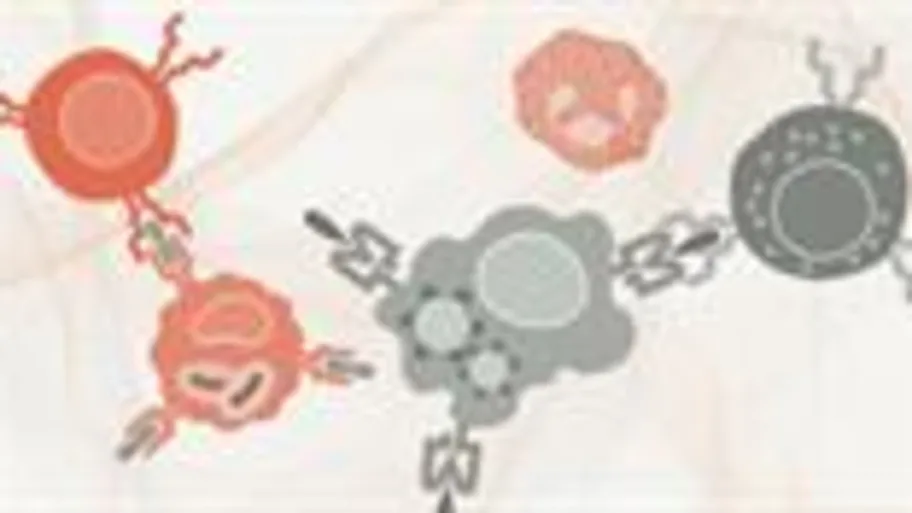
- Science news
- Health
- An endless fascination with Immunology: Dr William Erwin Paul
An endless fascination with Immunology: Dr William Erwin Paul

William Erwin Paul at the NIH campus in Bethesda. Photograph courtesy of Dr Jinfang Zhu.
On April 29, Day of Immunology, Frontiers in Immunology is honored to announce a memorial collection of articles dedicated to Dr William Erwin Paul and his unparalleled scientific contribution to immunology.
“The field is continuously fascinating. In fact, I’ve often thought a good title for either a book or a lecture about immunology would be Endless Fascination_” –_ Dr William Erwin Paul (2012)
Endlessly fascinated by immunology, William Erwin Paul, also known as Bill, certainly amazed – and inspired – the scientific community by his immense contribution to the field. Leaving his footprints on the front line of scientific discovery and public health, Dr Paul is a modern-age icon of breakthrough immunology and scientific research that contributed to the saving of millions of lives.
On September 18, 2015, his death saddened deeply not only his family and friends, but also his colleagues and the scientific community, all of whom praise his scientific achievement and look up to him as an example of a great fighter for human health.
Dr Paul was born in Brooklyn New York (June 12, 1936), educated in New York’s public schools and graduated from Brooklyn College (1956) and State University of New York Downstate College of Medicine (1960). He joined the laboratory of the later Nobel Laureate Dr Baruj Benacerraf at the New York University School of Medicine (1964), with whom he moved to the National Institute of Allergy and Infectious Diseases (1968), to then become Chief of the Laboratory of Immunology (1970) in which his activity as immunologist proliferated.
His achievements in immunology fundamentally opened new avenues for the investigation and understanding of important immunological diseases and disorders. His extraordinary research led to the elucidation of B and T cell differentiation and the discovery, by him and Maureen Howard, of interleukin-4, initially referred to as B cell stimulatory factor 1 (1982), a key cytokine in allergy and inflammatory diseases. He also focused on immune-response gene function, MHC-restricted antigen recognition, membrane IgD and IgM function, cytokine-mediated regulation of Ig class switching, cytokine production by mast cells and basophils, and immune regulation. Dr Paul helped save millions of HIV patients’ lives through his work that led to the development of highly active antiretroviral therapy (HAART) and his critical influence at the NIH as Director of Office of AIDS Research.
He received many awards and prizes, served as editor of Annual Review of Immunology (chief editor), Immunity and the Proceedings of the National Academy of Sciences, and member of the Institute of Medicine of the National Academy of Sciences, the Association of American Physicians, fellow of the American Academy of Arts and Sciences, and President of the American Association of Immunologists and the American Society for Clinical Investigation. He authored the textbook Fundamental Immunology (seven editions, the latest one published in 2013) and the book Immunity (2015).
Prominent immunologists such as Ethan Shevach and Ronald Germain described him as “the immunologist’s immunologist” and “the scientist’s scientist”. But above of all, Dr Paul was an intelligent, generous, modest and optimistic man with a boundless enthusiasm for science, as portrayed by Jinfang Zhu and Joshua Milner long-term colleagues and former postdoctoral fellows in his lab.
Frontiers in Immunology is honored to announce that Dr Zhu and Dr Milner are currently hosting a memorial collection of articles dedicated to Dr Paul and his unparalleled scientific contribution to immunology:
Continued Fascination – A Tribute to a Giant in Immunology, Dr. William E. Paul
While paying tribute to his work, we also wish to highlight the research directions he pointed to and – in addition to articles from invited close colleagues of Dr Paul – this collection welcomes reviews and original research articles in areas related to Dr Paul’s research interests. You can find more information about how to submit an article here.
“So my feeling is immunology should lead the way into a new era of, if you like, whole organism systems biology” – Dr William Erwin Paul (2012)
For the preparation of this article, we are grateful to Dr Zhu for sharing his testimony on Dr Paul’s life and work, and relevant references, in his article “A Time of Remembrance”, published in The International Cytokine and Interferon Society Newsletter, April 2016, Volume 4 (1). We would also like to thank the American Association of Immunologists for making publicly available Dr Paul’s interview video and transcript.
Nikolaos Chatziandreou, PhD, Journal Development Specialist, Frontiers in Immunology






